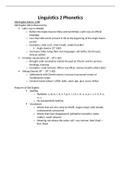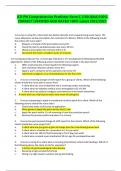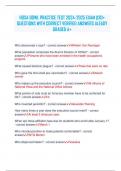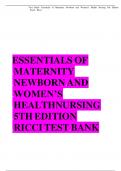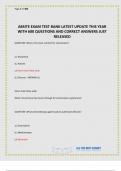Samenvatting
Linguistics 2; alle phonetics en grammar. Met deze samenvatting heb ik de toets in één keer gehaald!!!!!!!!!
- Vak
- Linguistics 2
- Instelling
- Hogeschool Rotterdam (HR)
Alle phonetics en grammar worden behandeld in deze samenvatting met veel uitleg, voorbeelden, en schema's.
[Meer zien]
